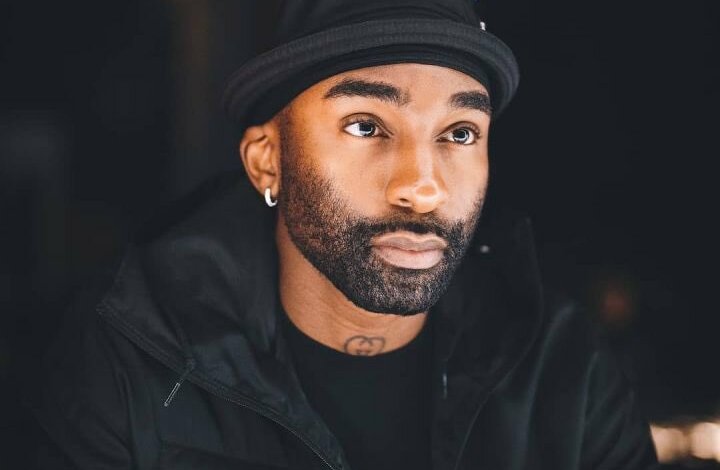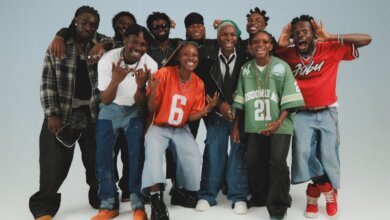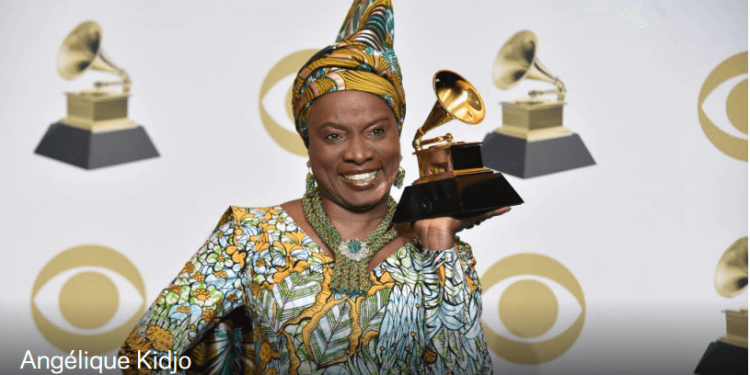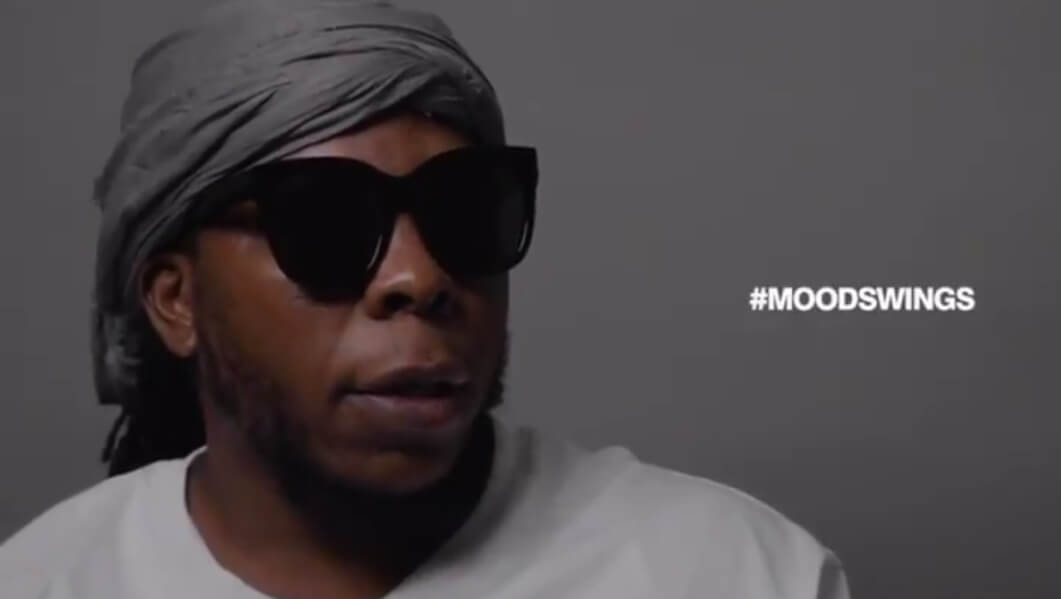Suicide of South African Rapper, Riky Rick is Opening Conversation on Men’s Mental Health

Riky Rick, one of South Africa’s most well-known rappers, committed suicide last month at the age of 34, leaving his horde of followers in mourning. His suicide has brought attention to the mental health issues males face in a culture that has been wounded by its racist and violent past.
Riky Rick (Rikhado Makhado) grew up in KwaMashu, a suburb in Durban’s coastal city built for black people by the white-minority system that governed until Nelson Mandela’s ascension to power in 1994.
In post-apartheid South Africa, he seemed to have it all: a loving family (he leaves behind a wife and two children) and a flourishing music career that included mentoring up-and-coming singers.
Atleast, that’s what many thought until most parts of the world woke up to the shrilling news of the rapper’s suicide, following his cryptic tweet.
A later publication from Sunday World released Rick’s disturbing suicide note addressed to his wife before hanging himself with a rope in his music studio garage in Johannesburg. The letter reads in part:
“Dear Bianca, this pain is too much. I don’t want you to blame yourself for my life being unbearable.”
“The big boys don’t cry attitude”
Riky Rick’s troubles with popularity while attempting to live a normal life struck a chord with music promoter Kutloano “DA Kruk” Nhlapo, who has known the rapper since his school days. He spoke at length in an interview with BBC:
“Most musicians are scarred beings. Our biggest drug is the buzz of being on stage and performing and feeding off the energy. Once that energy wears off, then you realise that you’re no different to the next man walking down the street,” he said.
How to get help if you are having suicidal thoughts: In the US, call the National Suicide Prevention Lifeline at 1-800-273-8255. The International Association for Suicide Prevention and Befrienders Worldwide also provide contact information for crisis centers around the world.
Riky Rick’s death has sparked a national discourse about men’s mental health, masculinity’s fragility, and how it’s presenting itself in the country’s rising suicide rates.
“The big boys don’t cry attitude and the patriarchal mindset and some of the cultural beliefs surrounding mental health are some of the challenges facing South Africa at the moment,” said Garron Gesll, founder of the Men’s Foundation, an organisation that promotes mental health awareness for men.
Post-traumatic stress disorder
“We are facing one of the highest suicide rates in the world. South Africa has an average of 200 attempted suicides every day and approximately 20 to 22 suicides,” Mr Gesll told the BBC.
According to a World Population Review report, three southern African republics – Lesotho, Eswatini, and South Africa – were among the countries with the highest suicide rates in 2019.
With a suicide rate of 72 per 100,000 persons, Lesotho topped the list. With 29, Eswatini was third, and South Africa placed tenth with 23. The majority of the suicides were carried out by men.
Mr. Gesll claims that many men in South Africa are suffering from post-traumatic stress disorder as a result of oppression and terrible violence during the white minority’s rule.
Mr Gesll noted that South Africa’s migrant labour system and growing urbanization since the end of minority rule had produced a generation of fatherless boys who lack good role models.
Following Riky Rick’s death, fellow rapper Kiernan Forbes, commonly known as AKA, posted an emotive Instagram post concerning South African men’s mental health. It reads in part:
“I hope that very soon we can address the issue of how damaged and broken the men in this country are. We have no-one to talk to, we just pat each other on the back and say ‘get on with it, be strong my boi’ … but in reality, we are traumatised. Generational trauma passed down to us.“
“I lost my father at a time when I needed the help”
Even as an adult, Riky Rick struggled to come to terms with his father’s death and the sadness and loss he felt during his formative years in high school.
“When he passed away, I was so angry, so upset. I was so upset, like: ‘Why my life’? I lost my father at a time when I needed the help. I lost him at a time when I needed that voice. A lot of people don’t understand that you can never replace the voice of a father,” he said in the 2020 Lab Live podcast.
Riky Rick’s two young children will now grow up without a father, which is a heartbreaking and horrible twist of fate.
At his burial, mourners dressed in white spoke of how he bravely battled his drug and alcohol addiction, as well as his passion for family, music, and design.
The tragedy of Riky Rick’s death is that he sent out subliminal signs indicating that he was contemplating suicide.
Source: BBC | Sunday World
Abeeb Lekan Sodiq is a Managing Editor & Writer at theafricandream.net. He is as well a Graphics Designer and also known as Arakunrin Lekan.





